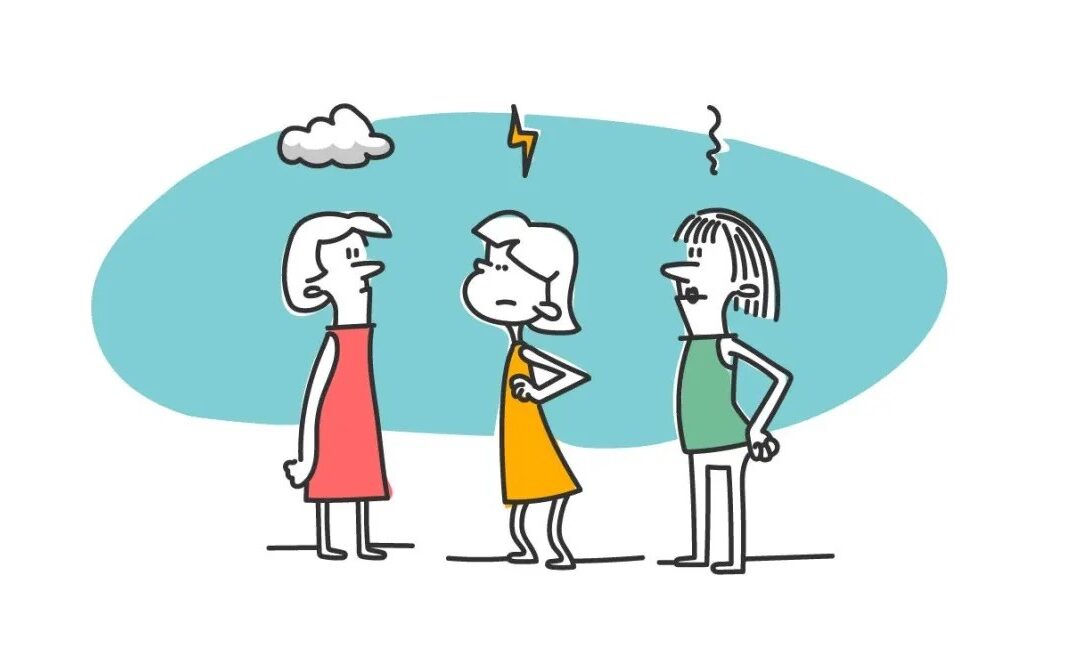Guest Article – by Dr Laurene O’Connor
A patient of mine told me a story recently about how her and her siblings used to take bets on who could make their mother cry the quickest. As a mother this story makes me want to cry and laugh at the same time. Were the kids terribly mean ? Maybe a little. Was the mother crying out of frustration? Maybe a little. Was the mother middle aged? Why yes. Was the mother going through menopause and irrationally emotional at that time? Most certainly.
WHAT exactly happens to women between the ages of 45- 55 that they have no control of? Menopause that’s what. Here’s some info that helps those who are going through it, living with someone going through it or working with someone who maybe doesn’t even know they are suffering from it !
I recently gave a tutorial on menopause for my 5th year RMIT students at the student clinic in Bundoora (my Friday job) and it provided the inspiration for including this topic in my newsletter . You might be wondering why this is relevant to musculoskeletal practitioners. Isn’t it a hormone issue you might ask? Strangely, depleting oestrogen actually causes:
- Musculoskeletal pain
- Weakens bone and tendon tissue
- Causes fractures and tears in soft tissue and a range of other things
The following article will explain what menopause is, symptoms of menopause, issues with the body framework and what can be done about it according to recent research .
What is menopause?
Menopause is considered 12 months after a woman’s last period. The average age is 52 and average span between ages 45 and 55. The transition from premenopause to post menopause averages 7 years but can last as long as 14 ! The main feature of menopause is decreasing oestrogen and progesterone.
- Decreasing oestrogen produces the greatest changes in the female body. You might be surprised by the following long list :
- Changes in menstruation
- Hot flushes
- Incontinence
- Sleep disturbances
- Vaginal dryness, thinner skin
- An increase or decrease in sex drive
- Mood changes , trouble concentrating , memory issues , fatigue
- Decrease muscle mass, increase fat stores
- Joint and muscle soreness and stiffness, headaches, migraines
- Tender breasts
Apart from simply being middle age there are other causes of decreasing hormone levels such as eating disorders, chemotherapy, radiotherapy, stress, pituitary gland dysfunctions, ovarian insufficiency or having had a full hysterectomy .
Most times menopause is considered based on the above symptoms, however some blood tests can be done to try determine hormone levels .
E1, E2, E3 and PGSN are the simple tests a GP can perform.
Evidence suggests that there are a few ways to keep your oestrogen levels as high as possible . These include maintaining:
- A healthy body weight
- Performing moderate levels of exercise but NOT over exercising
- Decreasing stress
- Sleeping between 7-9 hours
- Eating foods high in phytoEstrogen (these can be googled but examples include legumes, certain seeds, berries, fruits, Black cohosh and red clover herbs). To maintain naturally high levels of progesterone one needs to include food or supplements high in zinc, vitamin B and C and reduce stress.
Artificial methods to counteract the effects of menopause include HRT or Hormonal Replacement Therapy. This is usually a mix of oestrogen and progesterone. Progesterone counterbalances the effect of uterine lining overgrowth that occurs with pure oestrogen . One needs to chat with a GP or gynaecologist in order to initiate this . Be aware that some GPs specialise in this therapy so you may need to research whose best to talk to.
For more info on the use of HRT in relation to muscle , tendons and ligaments read this interesting article https://www.frontiersin.org/articles/10.3389/fphys.2018.01834/full.
The greatest concern for allied health practitioners is the risk on bones and muscles. Emerging research has linked low oestrogen with osteoporosis (weakened bone structure), osteoarthritis (wear and tear of the cartilage on the ends of bones) and sarcopaenia (decreasing muscle size and therefore strength). Women over the age of 50 and men over the age of 60 start losing 1-2 percent of muscle mass each year. Unfortunately if you’re a woman with these conditions you might think the quick remedy is to go on HRT but there is conflicting evidence at present about the success of this . Careful consideration of diet, weight bearing exercise and stress reduction has to be NON NEGOTIABLE for those suffering from any of the above problems or those who have gone through early menopause for whatever reason.
There is so much information online that can help educate also. For example I just listened to a Podcast by Dr Katy Munro on Migraine and Menopause on the Newson Health Menopause Society podcast site, a must listen for migraine and/or menopause sufferers. Please speak to a health professional if you or someone you know is having a very unhappy middle age.
About Dr Laurene O’Connor
“I am incredibly fortunate to have found a career that has such sound principles and which has been able to help so many people”
B. App. Sci. (Osteopathy)
Registered Osteopath
Established Osteoease in 1998
Do you have any questions?
- Call us on (03) 9857 0644 or (07) 3505 1494 (Paddington)
- Email us at admin@mdhealth.com.au
- Check out our other blog posts here
Our clinical staff would be happy to have chat if you have any questions.



